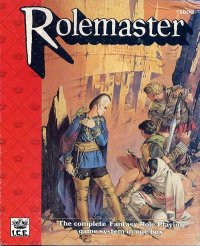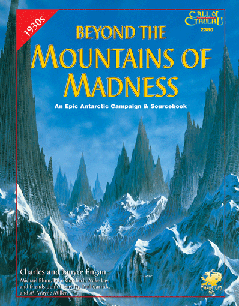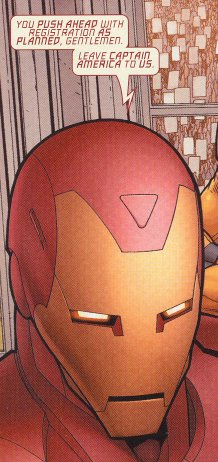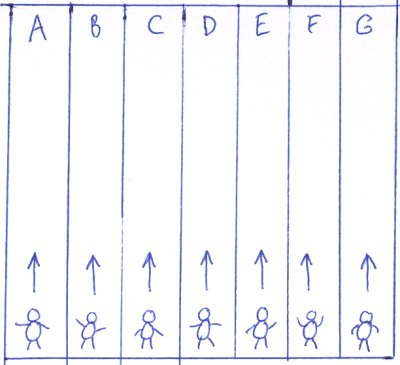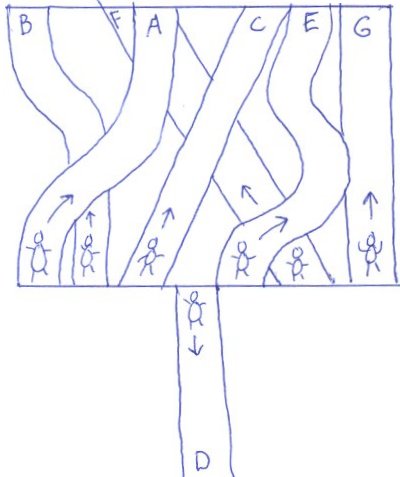note: I’m taking a break from my usual posts about Warcraft and other frivolities to offer some Social Commentary. Proceed with caution.
I saw a blog post the other day that bothered me. I wouldn’t comment on it, but over the last year I have actually seen more than one post/article along the same lines, and feel obliged to put some thoughts down in writing. I won’t link to the blog post that prompted me to write, because I want to avoid picking on a particular person here.
What has been bothering me are posts and essays–I’ve seen at least three recently along these lines–that describe a situation in the poster’s life like this:
a) Poster has sex, during which birth control fails, making pregnancy a possibility.
b) Poster has a reason for not wanting a pregnancy. This ranges from having a medical condition that would make pregnancy difficult, to simply not wanting to be inconvenienced by a pregnancy.
c) It’s the weekend or late at night, so poster goes through the local phonebook calling pharmacies looking for a physician to provide her with emergency contraceptives. She is unable to find anyone who, after learning that she was not raped, is willing to do so.
d) Unable to find a physician without moral qualms about said contraceptives, the poster feels like she’s being judged and punished for having sex outside of wedlock.
e) She posts angrily on her blog, citing her difficulty in attaining emergency contraceptives (hereafter ECs) as evidence that the woman-hating conservative fascist theocracy is finally upon us. Outrage at this latest blow against personal freedom spreads across the internet.
The first thing that strikes me as I read this story is this: people seem to have forgotten that pregnancy is a natural, intended result of sex. Whatever other benefits it may have, its main basic purpose is to produce babies. Yet this does not seem to stop people from engaging in sexual activity and then being totally taken aback when pregnancy results. I realize that they were using birth control, and it failed; but I’m pretty sure that most everybody knows that birth control is hardly guaranteed to work 100% of the time. Hey, I know that, and I’m a prudish reformed conservative male; certainly enlightened liberal feminists know it too.
Why am I babbling about a highly personal subject like this? Because it bothers me that somebody who really doesn’t want to get pregnant–whether for medical reasons or personal whim–is engaging in sexual activity with only the mildest thought apparently given to the possibility of pregnancy. Different types of birth control have varying rates of success; and there are medical procedures you can undergo to reduce or eliminate the chance of pregnancy if you are unable or unwilling to go through a pregnancy. But instead of taking advantage of these, the couple in question decided to have sex with a prone-to-failure method of birth control and then expect society to provide them with a way to fix things after the fact when–surprise–sex results in pregnancy.
The problem with relying on society to get you out of your little fix is, of course, that a large chunk of society considers the sorts of ECs sought by this person to be uncomfortably close to abortion. (And yes, I’m aware that there’s a big moral gray area between abortion and different types of contraceptive; but people are within their rights to hold their own convictions.) But in our story above, the poster finds it completely unreasonable that a doctor would have moral qualms about prescribing an EC on short notice to a random person. Society has no right to restrict a woman’s reproductive rights in any way or tell her what to do with her body, the argument goes–but the same society should force doctors to violate their consciences and prescribe medical supplies they find morally troublesome, all because somebody wanted to have sex without taking adequate steps to deal with the (very predictable) consequences.
It is often suggested by certain feminist and pro-choice activists that American women live under big restrictions on their reproductive rights. Stories like the one above are cited as evidence that American society unfairly limits the choices available to women who seek control over their own sexuality–hasn’t society, by not making ECs readily available to this person, denied her the right to choose whether or not to have a baby? I have never really understood this line of reasoning, because it seems to me that Americans have an absolutely enormous amount of sexual and reproductive freedom. You can have sex with anyone you want, however you want, using whatever form of birth control you want. When you get to the point of calling around at midnight trying to find a pharmacist who will give you ECs because your birth control failed, you have already made a whole lot of free, unhindered choices. At that point, you’re not asking for the right to choose–you’re just asking society to sweep away the results of your earlier choices.
I probably sound quite unsympathetic to this couple. The truth is, I’d be willing to lend societal help to a pregnant woman in a truly difficult situation–rape, extreme poverty, dire medical conditions, a clear inability to provide for a child–even if it meant compromising a bit on my generally pro-life beliefs. Some people really are trapped by life circumstances and are denied the ability to make choices about their future. But if you have the freedom and opportunity to avert pregnancy and simply choose not to do so, don’t expect anyone to violate their conscience to save you from the consequences of your own choices. You’ve lost the moral high ground.

